|
Shalom y’all, and welcome to this week’s episode of Better Know a Jewish Holiday! Today we’re visiting Sukkot: The fightin’ Feast of Booths!! Right off the top, we need to recognize the fact that my main man Pope Francies is in the country. Big ups to the man and: Sukkot (sue-KOTE) is a weeklong holiday that begins five days after Yom Kippur ends—so tonight! During this holiday Jews traditionally build little huts outside their homes and live in them for the duration of the week. The huts—which are called sukkot, singular is Sukkah (soo-KAH or SOO-kah)—are supposed to give the feeling of being in temporary shelters rather than our more sturdy homes. Living in the huts is meant to remind us of fragile structures our ancestors lived in when they were traveling in the desert for 40 years after leaving slavery in Egypt before arriving in Israel. The basic rules for the sukkah are: They must be at least three-sided: They have to be temporary (i.e. you can’t put a room onto your house and call it the sukkah room) and the roofs are made of branches called s’chach which are supposed to cover more than half the roof but leave enough space so that you can see the stars. I’m not giving you a pronouncer on s’chach because if you can't say it already, you'll probably just end up looking like this: As long as weather permits, we are supposed to do pretty much everything in the sukkah. Specifically, we’re supposed to eat all of our meals in the hut and try to sleep in it, as long as it’s not too uncomfortable. Some fun/alliterative/rhyming/clever Sukkah activities can include: Sushi in the sukkah, Pizza in the hut, Cider in the Sukkah, and Sukkot with a Goat: Sukkot is also one of three holidays (the others being Passover and Shavuot, which you may remember from previous episodes of Better Know a Jewish Holiday) when all of the Jews living in ancient Israel would make pilgrimages up to the Temple in Jerusalem. They would bring the first fruits of their harvest to give as a tithe/sacrifice for the holiday. There are no funny sacrifice gifs. I looked. The last interesting element of Sukkot that we will delve into with this email is the shaking of the lulav (LOO-lahv) and etrog (ET-roge). As you can see, this is a collection of plants that we hold together and shake in all directions in the sukkah. The lulav is made up of a palm frond, a couple myrtle branches, and a couple willow branches. The Etrog is a tart lemon-like citron with a little pointy tip. People in Israel pay hundreds of dollars for perfect etrogs and they have them checked for blemishes by rabbis: Unlike a certain other Jewish custom, in this case it’s very important that the tip stay ON the etrog, or else it’s not kosher. There are many theories/reasons the rabbis give for the lulav and etrog, but the one I like the most is that we hold these four things together to represent the different kinds of people in our community. A palm front has taste but no smell, myrtle has smell but no taste, willow has neither and etrog has both. We are only strong as a community when appreciate people with all of their different shortcomings, talents, and abilities. So on sukkot we go in the sukkah and we take the lulav and etrog and shake them all around. We shake it up, down, left right and all around to remind ourselves that G-d is everywhere. Final bonus Sukkot fun fact!! When christmas season is over in America, the christmas light producers unload a lot of their extra materials on the super religious parts of Jerusalem for people decorating their Sukkot. This includes large statues of Santa Claus, because when you give a bunch of Jews a large man with white facial hair, they think something else: Sukkot is also known as Z’man Simchateinu, and the Rabbis say we’re supposed to be happy for the whole week! Cue Pharrell and his creepy sidekick: Have a great and happy week! Good Yontif!
- The Jew
0 Comments
|
About the JewThe Jew is an Uber driving, Bar Mitzvah DJing, yoga teaching ex-journalist from Ann Arbor, Michigan who attends rabbi School in NYC. Archives
October 2018
Categories |
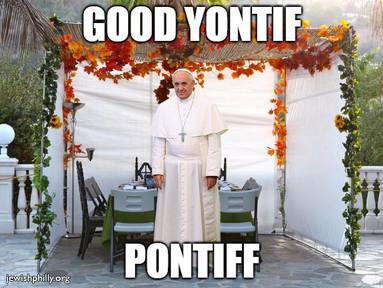
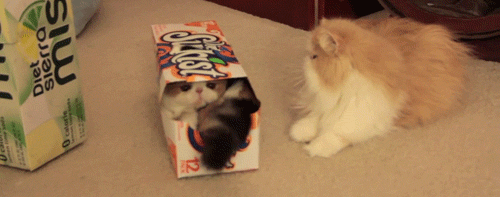
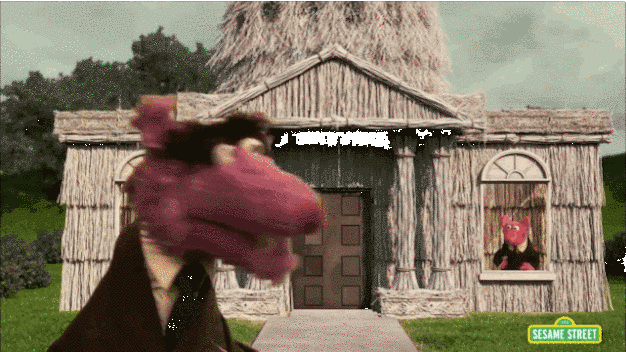

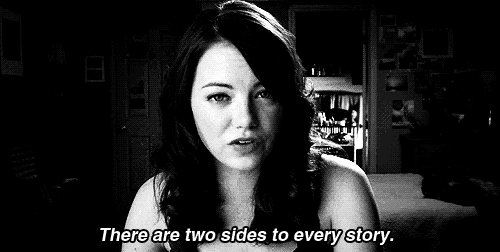
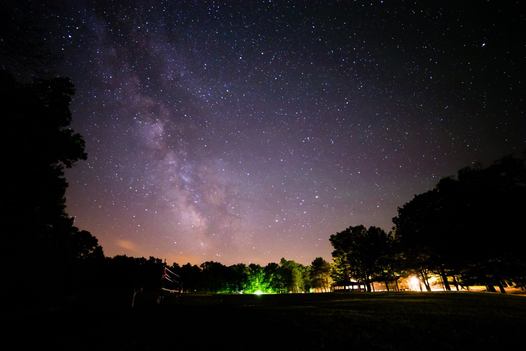
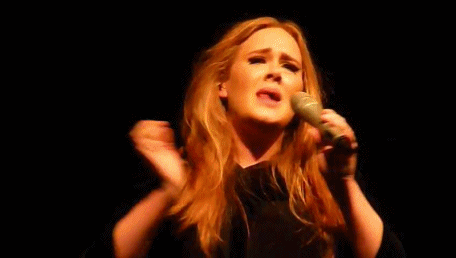
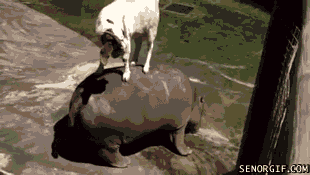
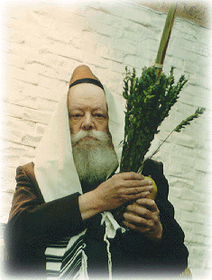
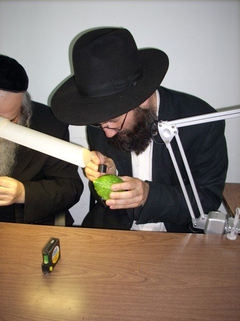

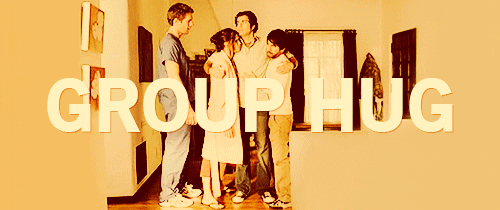
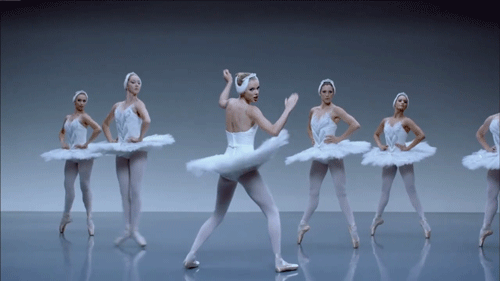
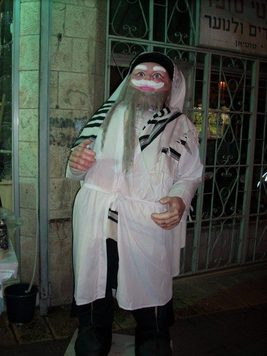

 RSS Feed
RSS Feed
